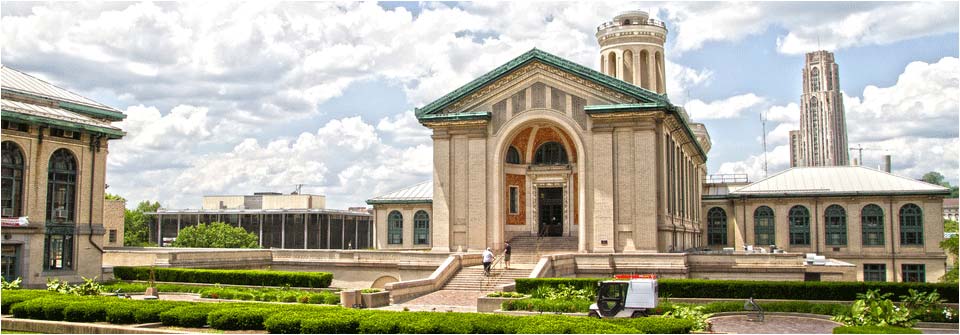Team:Carnegie Mellon
From 2012.igem.org
Team:Carnegie_Mellon
From 2012.igem.org
Contents |
Introduction: Motivation
- We seek to develop a BioBrick that will allow researchers in the field of synthetic biology to accurately measure translational efficiency, and transcriptional strength.
- We believe that we can use Spinach as a biosensor to reflect these metrics in vivo, rather than in vitro, which has previously proven to be very costly and impractical.
- We will characterize the relationship between genetic expression of Spinach (upstream), translational efficiency, and transcriptional strength.
Place abstract/info here
Motivation question?
Humanistic implications go here
Primary Objective: A Useful BioBrick for Synthetic Biologists
We have been investigating engineering bacteria to produce starch from the cellulose in waste biomass (that is agricultural waste, wood chippings, waste from paper production etc.). This starch could be:
- sold to the biofuels industry for conversion to ethanol
- used as feed for livestock
- used as a starch supplement in the human diet if needed.
This will reduce our dependence on fossil fuels and free up agricultural land for the growth of food crops, ultimately putting less strain on ecosystems.
Secondary Objective: Solving vitamin A deficiency in the developing world
We have also been continuing the work of our 2007 team in engineering Escherichia coli to produce the vitamin A precursor β-carotene. Vitamin A is required for vision and a healthy immune system. 250,000-500,000 children in the developing world lose their vision each year, half of them dying within 12 months of this (WHO).
Further Considerations
In the pursuit of our project, as well as the biological aspects, we:
- considered aspects of scale-up, including the ethical, legal and social implications of our potential final product, MicroMaize,
- programmed a new piece of software for use in metabolic modelling,
- developed and tested a number of new techniques to make the process of creating BioBricksTM that little bit easier,
- collaborated with the University of Guelph team, sharing carotenoid synthesis genes, flux modulators, and gram positive plasmids.
 "
"



